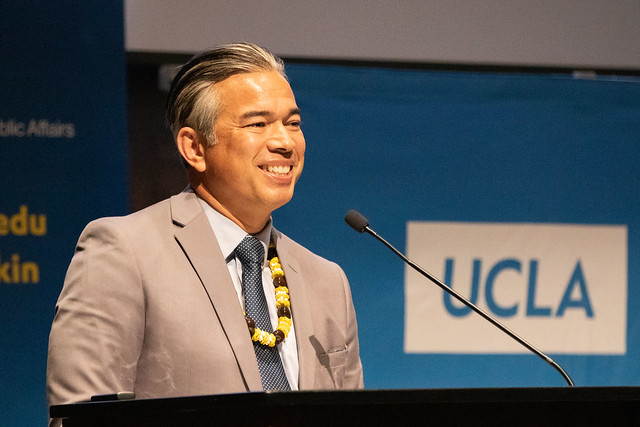Segura Elected to National Academy of Sciences
Gary M. Segura, professor of public policy, political science and Chicano and Chicana Studies at UCLA, has been elected a member of the prestigious National Academy of Sciences. Segura is one of four UCLA faculty members newly elected to the academy in recognition of their distinguished and continuing achievements in original research. The four UCLA scholars will be among 120 U.S. and 23 international members who will be inducted into the Washington, D.C.-based organization in April 2024. “The Luskin School is extremely proud of Gary’s election to the National Academy of Sciences,” said UCLA Luskin Interim Dean Anastasia Loukaitou-Sideris. “This is a top honor! He is joining a very elite group of the best and the brightest in the United States and the world.” Segura’s work has focused on issues of political representation and social cleavages, the domestic politics of wartime public opinion and the politics of America’s growing Latino minority. During his tenure as dean of the Luskin School from 2017 to 2022, he co-founded the Latino Policy and Politics Initiative, which later became the Latino Policy & Politics Institute. Segura was recommended for inclusion in the social and political sciences section, one of the organization’s 31 disciplinary areas, said Susan R. Wessler, home secretary of the academy, which was established under a congressional charter signed by President Abraham Lincoln in 1863. Wessler said the new inductees will join in the work of the academy. “We are an active, working academy that addresses important matters in science and advises the nation on problems where scientific insights are critical,” she said.

